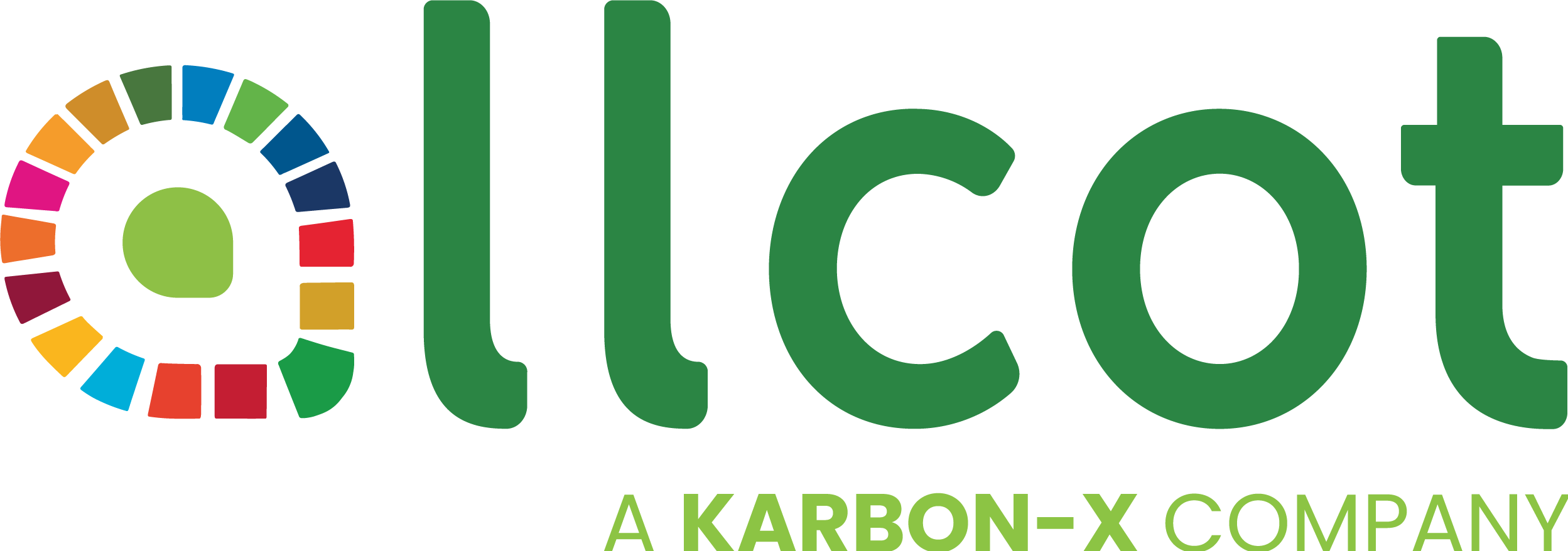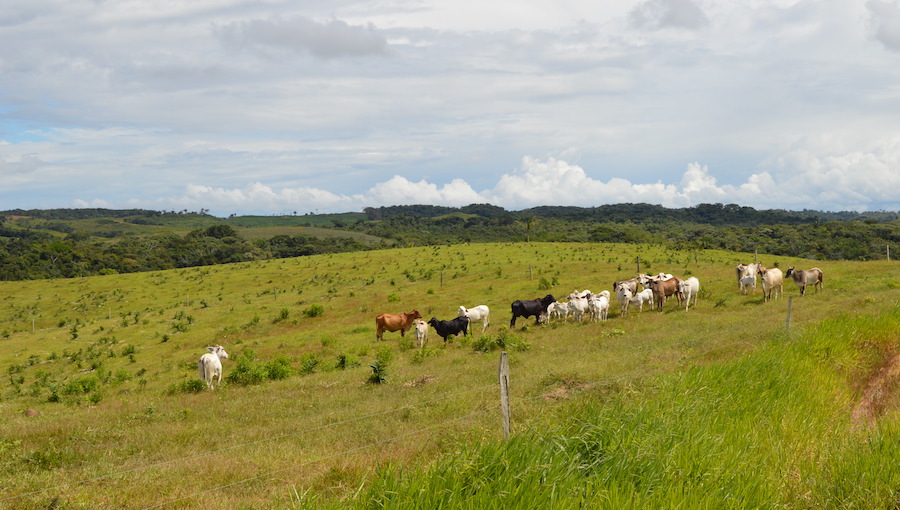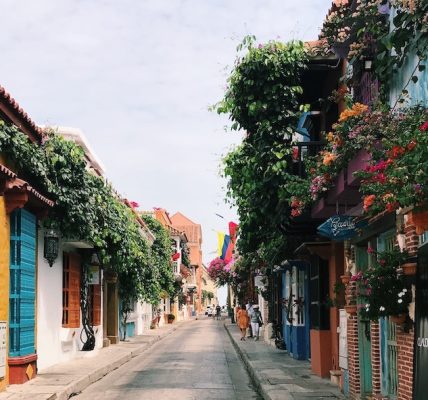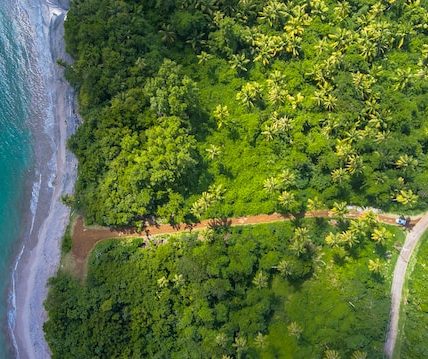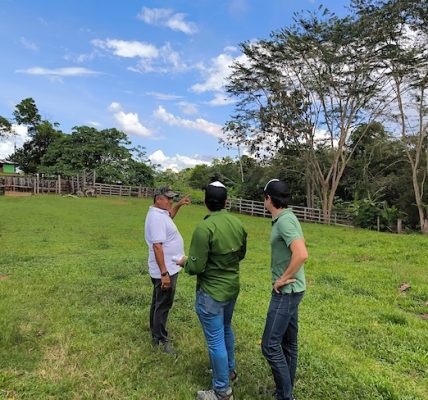For 60 years, the land in Meta, Colombia, had been sheltered from the extensive cattle ranching and farming that scarred many other regions. Over the years, however, the green heart of Meta’s Amazonian forests began to fall to the relentless advance of the timber industry.
Today, Meta stands as one of Colombia’s most deforested areas, a grim reflection of the challenges faced by many developing nations.
In Latin America, Africa, and Asia, often dubbed the “global south,” lies an astonishing reality—they harbor 80% of the planet’s biodiversity, with their forests absorbing a third of global CO2 emissions.
In contrast, the “developed” or “global north” countries, responsible for 80% of greenhouse gas emissions, have rapidly depleted their own ecosystems. The global south, once considered underdeveloped, now holds the key to preserving our planet and securing humanity’s future.
The Paris Agreement of 2015 marked a pivotal moment, valuing ecosystems and biodiversity beyond mere economics. Polluters are now held accountable. It’s time for global south governments to protect their natural wealth, assign it fair value, and use mechanisms like carbon credits to ensure polluting nations pay for ecosystem preservation.
In his column at NTN24, Alexis L. Leroy, ALLCOT’s Founder & CEO emphasizes that carbon projects, such as those in Meta, offer a glimmer of hope—a path where communities, the global south, and the environment emerge as triumphant beneficiaries of our collective pursuit of climate justice.
